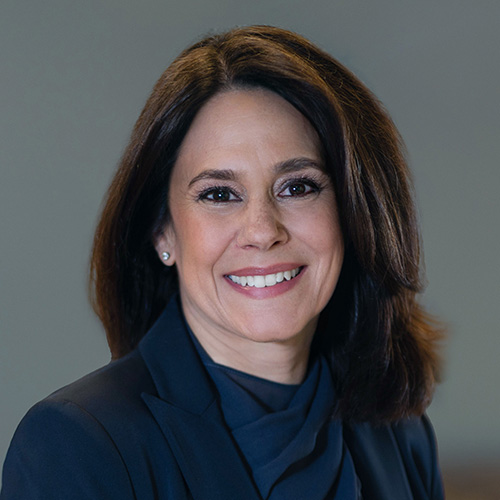Welcoming remarks at Fed Listens: Transitioning to the postpandemic economy in the Permian Basin
Thank you to Odessa College and President Gregory Williams for hosting this gathering. And welcome, everyone. Let me note that the views I share are mine and not necessarily those of others at the Federal Reserve.
We Federal Reserve officials are famous, or perhaps infamous, for giving a lot of disclaimers, and a lot of speeches—but today we are here to do something much more important: to listen.
I’m very grateful to our panelists for taking the time to join us, and I’m really looking forward to the insights they’ll share.
Listening to people in communities throughout the country is so important because the Federal Reserve’s work is all about advancing an economy where everyone has opportunities to thrive. To do that, we need a nuanced and granular understanding of economic issues, and we need to understand how everyone is experiencing the economy.
My colleagues and I at the Dallas Fed travel frequently throughout the Eleventh District to engage directly with a wide variety of business and community leaders. These conversations add color and insight to the economic statistics.
By combining perspectives from our contacts with rigorous quantitative analysis, we can develop a deeper and more-inclusive understanding of the economy and make the best decisions to serve the public. That was true when I led the Fed’s trading desk on Wall Street, and it’s even more true in my role here leading the Fed’s activities in Texas, northern Louisiana and southern New Mexico.
The Dallas Fed has done extensive research, for example, on the nearly 5 million young people in the United States who are disconnected from both work and school, the loss of potential this represents for our economy and the policies that can help opportunity youths reengage.
But I gained an even deeper appreciation of those issues after I met with city and business leaders in San Antonio who are working to solve them and with a young woman who had dropped out of high school but got support from a city center for opportunity youths and is now on track to graduate from college.
Here in the Permian Basin, I’ve been meeting for the past couple of days with energy, business and community leaders. This morning, I visited an elementary school where a community partnership called the ConnEctor Task Force is working to provide better internet access. The statistics on the 39 percent of Ector County households that lack broadband access are clear enough. But the importance of closing the digital divide is even more clear to me after hearing from students how hot spots from the task force made such a difference in their ability to prepare for class. The Dallas Fed is providing capacity-building support and technical assistance to the task force through our digital inclusion initiative. While the scale of this challenge is large, I am inspired by community leaders’ collaboration to address it.
Indeed, promoting the economic resilience and mobility of low- and moderate-income communities is a top priority for the Fed. So, in our conversations this afternoon, I’m looking forward to learning more about efforts to advance economic opportunity in the Permian through education and career readiness programs.
I’ll also be listening closely to your perspectives on the economy. As you surely know, inflation has been much too high. The Fed has raised interest rates by 4.5 percentage points over the past year to bring the economy into better balance.
To assess whether we have made enough progress, I’ve been watching three markers:
- Whether there is further and sustained improvement in the inflation statistics.
- Whether the economy is evolving more or less as forecasts predict.
- Whether there is a clear change in the underlying factors—like the imbalance of supply and demand and the resulting very tight labor market—that have produced high inflation.
Over the past six weeks, I’ve also been closely watching the effects of stresses in the banking system—both on the macroeconomy and on local communities, especially here in Texas where small and midsize banks are so important. Smaller banks are particularly significant in small business, rural, middle-market, and commercial real estate lending. And to have a strong economy, we need a diverse, vibrant banking ecosystem.
Your views on these economic and financial considerations will be a great help in interpreting the quantitative data we receive.
Thank you again for joining us for this important conversation.
The views expressed are my own and do not necessarily reflect official positions of the Federal Reserve System.
